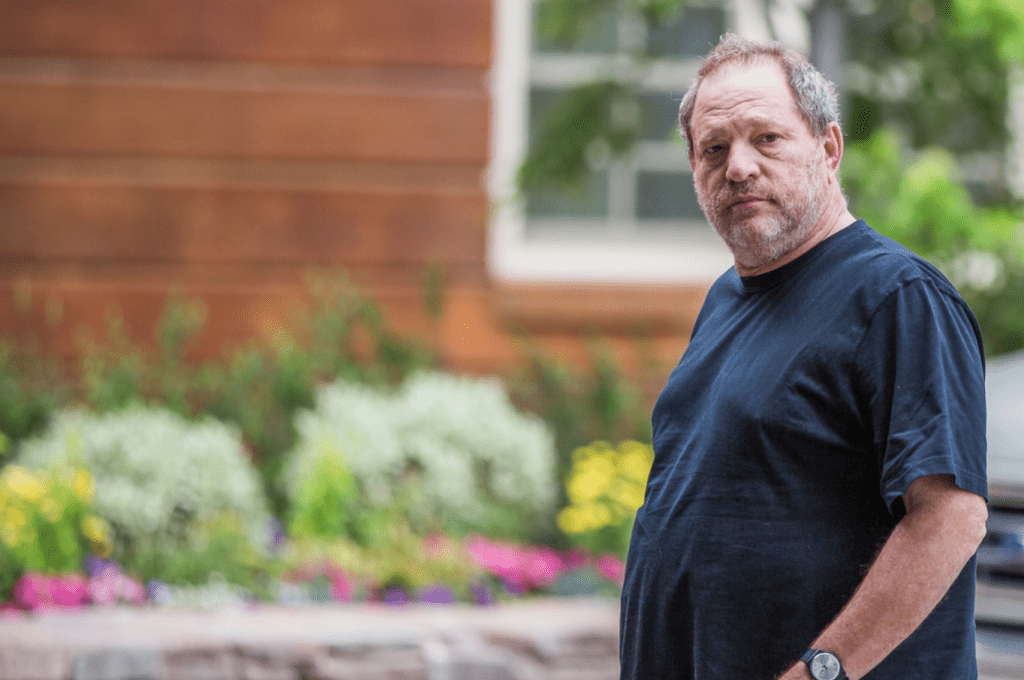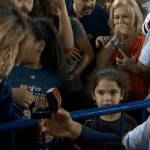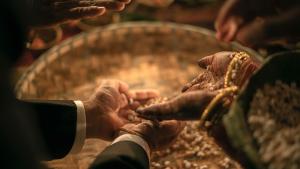
Harvey Weinstein. Roman Polanski. Kevin Spacey. Bill O’Reilly. Bill Clinton. It’s hard to turn on the news these days without being absolutely shocked at the new revelations of horrible behavior of sexual predators. New accusations are flying every day; new admissions of guilt coming just as quickly.
Though it’s easy to assume that these incidents happen far away from home, pediatrician Tobi Adeyeye Amosun indicates otherwise. In a very helpful Facebook post, Amosun says abuse happens close to home. The most common places of abuse she sees popping up in her practice are the homes of “known family members and friends.” But who are the perpetrators? She says they range from being young teens to adults. “It is almost always a male cousin, known neighbor, friend’s older brother/cousin, babysitter, father/stepfather, uncle or mom’s boyfriend. Occasionally it is a female, but that’s rare unless she is grooming the kids to have access to someone else,” she writes. Also, she notes that “Church youth group is the number two location, usually because there is less supervision. School, camp and sports are the other locations, but less likely unless there are kids allowed to be alone with teachers and coaches. Ask the schools and coaches and churches what their safety plans are to protect kids. It’s never perfect, but I feel at least they know there are aware parents and it helps keep everyone accountable.”
Got your attention? Here are some other points she makes:
Slumber parties: I wanted to address this separately because of it being a sensitive subject. My daughter is allowed to go to a select few friends’ homes (like five families) for sleepovers. Never parents that I don’t know extremely well, which means she doesn’t get to sleep over at school friends’ homes. Never large groups of kids, where one kid being separated might not be noticed. That said, I can’t tell you how many times patients tell me the first time they were touched inappropriately or the first time they saw pornography was during a sleepover. I only get one chance to raise my kids and I’d rather be a mean parent who is no fun than have the other possibility.
Please use appropriate anatomical terms for body parts. Eyes are eyes, knees are knees and penises are penises (proceed with the pearl clutching). Don’t use cutesy names or vague names like booty or wee wee or cookie or treasure. It confuses the matter in case something needs to be reported. It also destigmatizes those body parts.
“Safe touch” vs. “bad touch”: make sure kids know which is which. Safe touches I usually teach are the ones that are in areas not covered by your bathing suit, like shoulders, head and feet. Safe touches are also those that make you feel calm and safe, like a hug from your mom. Bad touches are those in the areas that are covered up by underwear. They are also the ones that make you feel nervous, scared or worried. If a bigger person is touching you in a way that makes you uncomfortable, that is a bad touch. Always tell your parents or other adult about bad touches. And let kids know there should never be secrets between kids and adults and that they will NEVER get in trouble for telling someone. If a child tells you something, believe them. Kids lie to get out of trouble, not to get in to trouble, and if there is any degree of isolation or grooming involved then the child likely thinks that they will get into trouble for telling. So if they tell you something believe it.
“Stranger danger” is a fallacy. The vast majority of the time someone who molests a child is known to the family. Beware of so-called “grooming behaviors”. This is usually from an adult male (or female) who ingratiates themselves to the child and family to lower their defenses. Usually they will try to establish a trusting relationship with the family and seek opportunities to be alone with kids. They do this so that any accusations from the child will seem made up. This has happened in almost every situation I have seen. Because most children are abused by a close friend or family member, most children trust their abuser. They just want the abuse to stop.
Be aware of what kids are looking at on smartphones and tablets. Especially from their friends whose parents may not monitor things so closely. I usually tell parents at every preteen and above well check that as long as they are paying for the phone and the kid is under 18, it is their responsibility to monitor their child’s activities in social media, texting, etc. There are so many really clever ways for kids to hide their activity online and parents are almost always behind the 8 ball on this.
By the way, Dr. Amomsun says she begins having these conversations with her children when they are around 3 or 4 years old and also emphasizes that it’s important to trust your instinct. “If someone seems a little off or a little too nice to your kids, trust yourself and keep your kids out of any situations where they would be alone with that person.” Though Southerners are tempted to be polite, even if their warning alarms are going off, it’s perfectly acceptable to put distance between your family and someone who triggers your alarm bells.
Please read Dr. Amosun‘s original post, and keep your kids safe!
Image Credit: Flickr













